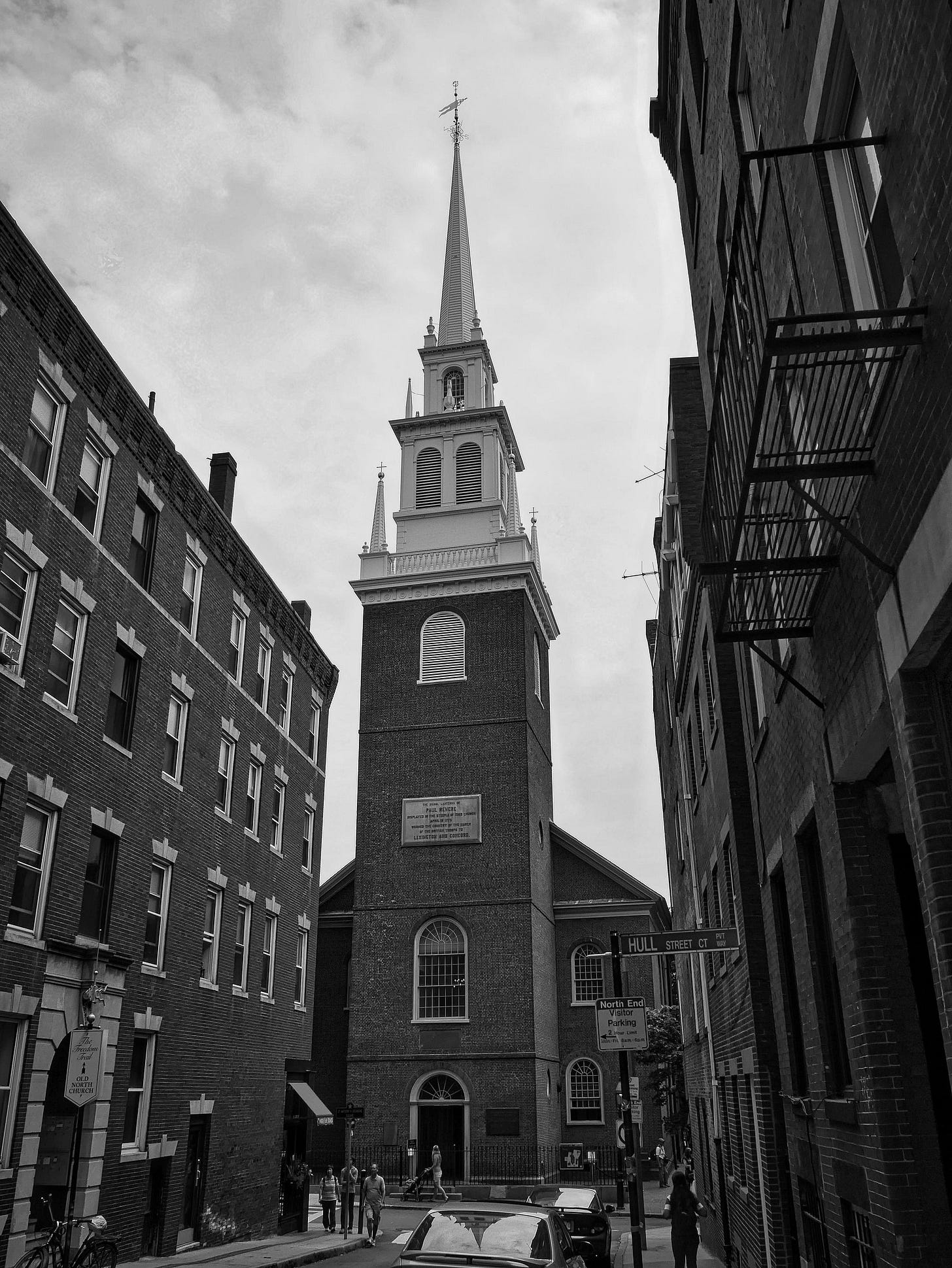Civil society and democratic theory emphasize the political power potential inside social institutions and communities with shared values. In theory, trust (pg. 202-3) is the most important part of what makes democracy robust and inspires participation.
What does this look like?
Let's take, for example, a church, a social institution, usually local, where people of similar values congregate. In this environment, trust is built because everyone is there voluntarily. Let's look back to the civil rights era. We can find that some of the most significant policy changes came from organized groups of churches either protesting, raising money, or raising awareness for their equal rights.
Why does this matter?
Whether you live in a big or small city, democracy is everywhere. We choose what laws to enact, how much to tax, and how to enforce those laws by collaborating in groups.
Civil society and democracy imply that the decisions we make in the government are a collaborative effort, one that emulates social institutions like a church or a school and is stronger when there is trust in local power.
Many people don't like politics, claiming that everything is controlled by one interest group or another. Robert Putnam contends that true change begins within our communities and is something that we have the power to be a part of.
Authors' Conclusions within the Field:
Political scientist Robert Putnam contends in "Making Democracy Work: Civic Traditions in Modern Italy" that democratic institutions are best able to govern efficiently when the same elements shared within other social institutions, like shared values and trust, are present. Such networks, he proposes, are what hold society together.
Gabriel Almond and Sidney Verba, also scholars in the field, explore political culture and how it relates to the stability of democratic systems. What they aim to prove through a series of surveys conducted worldwide in “The Civic Culture” is that democracies were most stable where people were involved enough to vote their preferences but not so much that they disregarded decisions they did not agree with.
The Good and the Bad:
By building a political community with shared values and interests, more people can have a stake or social capital in the government. Civil society and democracy theory promote a smaller government run by those within a community; this organizational style makes it easier for citizens to have their voices heard.
Although political coalitions can be useful in representing a minority group's interests, a well-organized majority group could overshadow and make the most noise, silencing everybody else. The extremist attack on the Washington Capitol on January 6th highlights the risk of unchecked fervor, posing a threat to the democratic process and overall stability.



